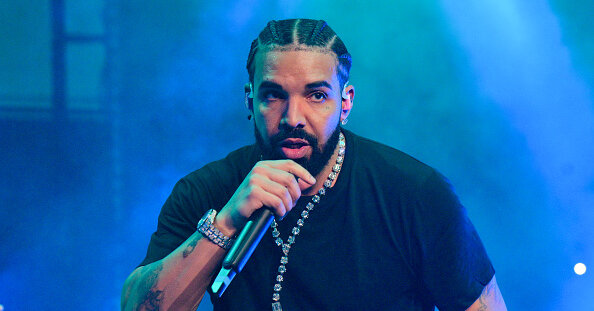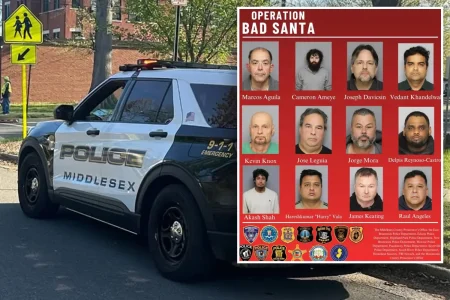The escalating feud between rap titans Drake and Kendrick Lamar reached a boiling point in the spring of last year, culminating in a series of scathing diss tracks that traded increasingly personal and damaging accusations. The conflict, rooted in a complex history of collaboration and competition, quickly devolved into a public spectacle, with both artists leveraging their musical platforms to inflict reputational damage. Drake’s track “Family Matters” leveled explosive allegations against Lamar, questioning the paternity of one of his children and accusing him of domestic violence and a subsequent cover-up. Lamar’s response was equally aggressive, with tracks like “Meet the Grahams” and “Not Like Us” containing inflammatory lyrics comparing Drake to disgraced Hollywood producer Harvey Weinstein and labeling him a “pervert,” a “sick man,” and even a pedophile.
The most damaging of these tracks, “Not Like Us,” became a commercial success, topping the Billboard charts and accumulating over a billion streams on Spotify. Its lyrics, which directly accused Drake and his associates of pedophilia, form the basis of a defamation lawsuit filed by Drake against Universal Music Group (UMG), the label responsible for distributing and promoting the song. While the lawsuit acknowledges the artistic expression inherent in music, it centers on UMG’s role in disseminating what Drake alleges are demonstrably false and dangerous claims, effectively amplifying their reach and impact. The suit argues that UMG knowingly profited from these harmful allegations, prioritizing commercial gain over the potential consequences for Drake’s reputation and safety.
Drake’s lawsuit strategically targets UMG rather than Lamar himself, recognizing the legal complexities of pursuing defamation claims against artistic expression, particularly in the context of rap music’s long tradition of hyperbole and aggressive posturing. The suit highlights the distinction between artistic creation and corporate responsibility, arguing that while Lamar may have authored the lyrics, it was UMG’s decision to publish and promote the song that inflicted the actual harm. This tactic aims to circumvent the challenges of proving malice in a defamation case involving a public figure, focusing instead on the publisher’s awareness of the falsehoods and their deliberate decision to disseminate them.
The legal battle between Drake and UMG hinges on the crucial legal concept of “actual malice,” a standard requiring public figures to prove not only that false information was published and caused harm, but also that the publisher acted with knowledge of the falsehood or reckless disregard for the truth. This higher burden of proof is designed to protect free speech and prevent the chilling effect of lawsuits on public discourse. Drake’s legal team will need to demonstrate that UMG was aware of the falsity of the pedophilia allegations or entertained serious doubts about their veracity before publishing and promoting “Not Like Us.” Evidence of internal communications, market research, or legal consultations could be crucial in establishing UMG’s knowledge or reckless disregard.
The lawsuit comes at a pivotal moment for Lamar, who is nominated for five Grammy Awards, including Record and Song of the Year, for “Not Like Us,” the very song at the center of the controversy. He is also scheduled to headline the Super Bowl halftime show, further amplifying the public scrutiny surrounding the case. The timing of the lawsuit, with its potential to overshadow Lamar’s career milestones, raises questions about Drake’s motivations and the potential impact on the public perception of both artists. The legal proceedings are likely to delve into the intricacies of artistic license, the responsibilities of music labels in vetting content, and the delicate balance between free speech and the protection of reputation.
The Drake-UMG lawsuit represents a significant legal challenge to the music industry’s practices, potentially setting a precedent for how labels handle controversial content. The outcome of the case could have far-reaching implications for the future of artistic expression, particularly in genres like rap, where provocative lyrics are often central to the artistic narrative. It also underscores the evolving landscape of defamation law in the digital age, where the rapid dissemination of information online can amplify the potential harm caused by false statements. The case will likely be closely watched by both the legal and music communities, as it grapples with the complex interplay between artistic freedom, corporate responsibility, and the protection of reputation in the digital era.











